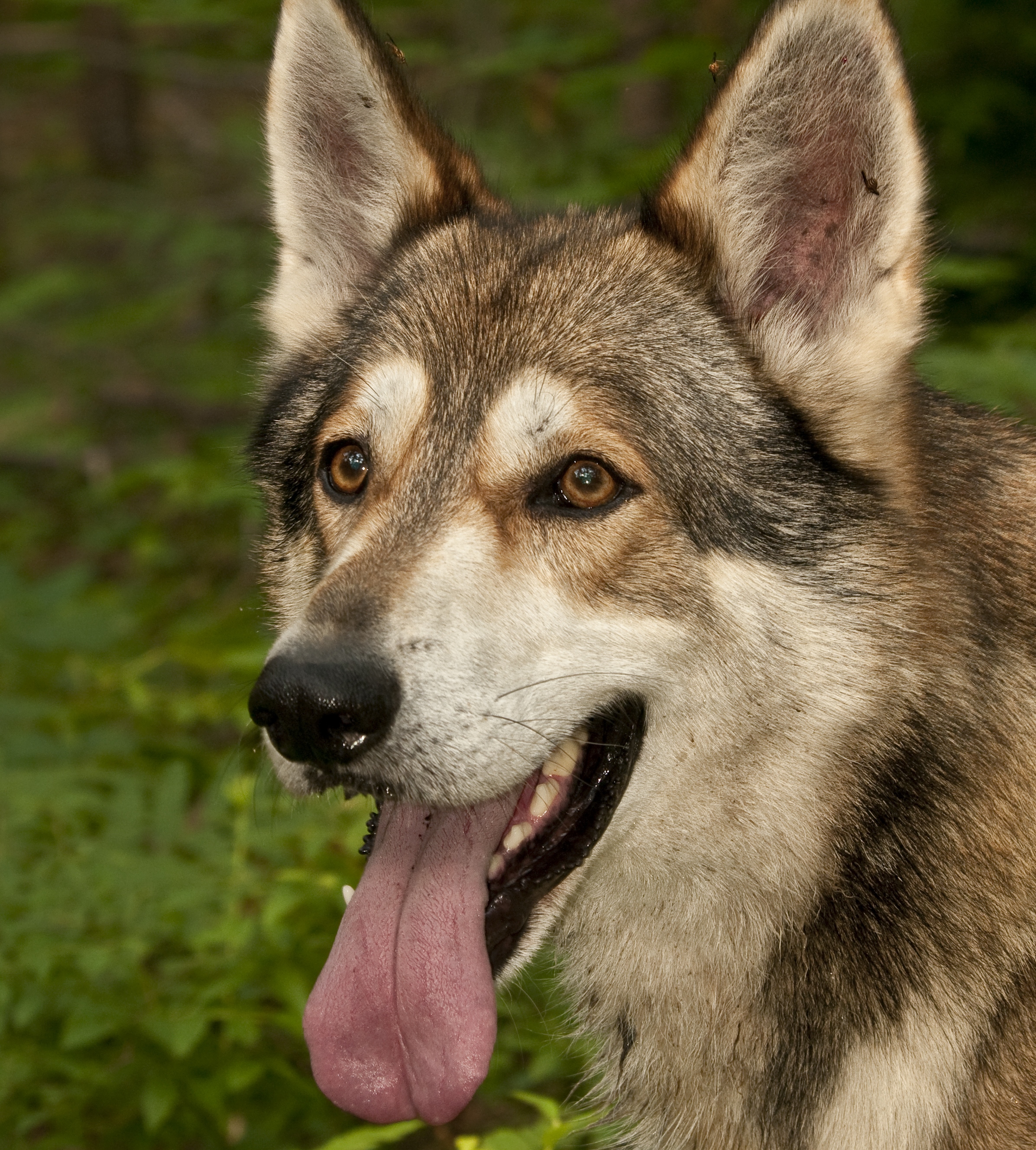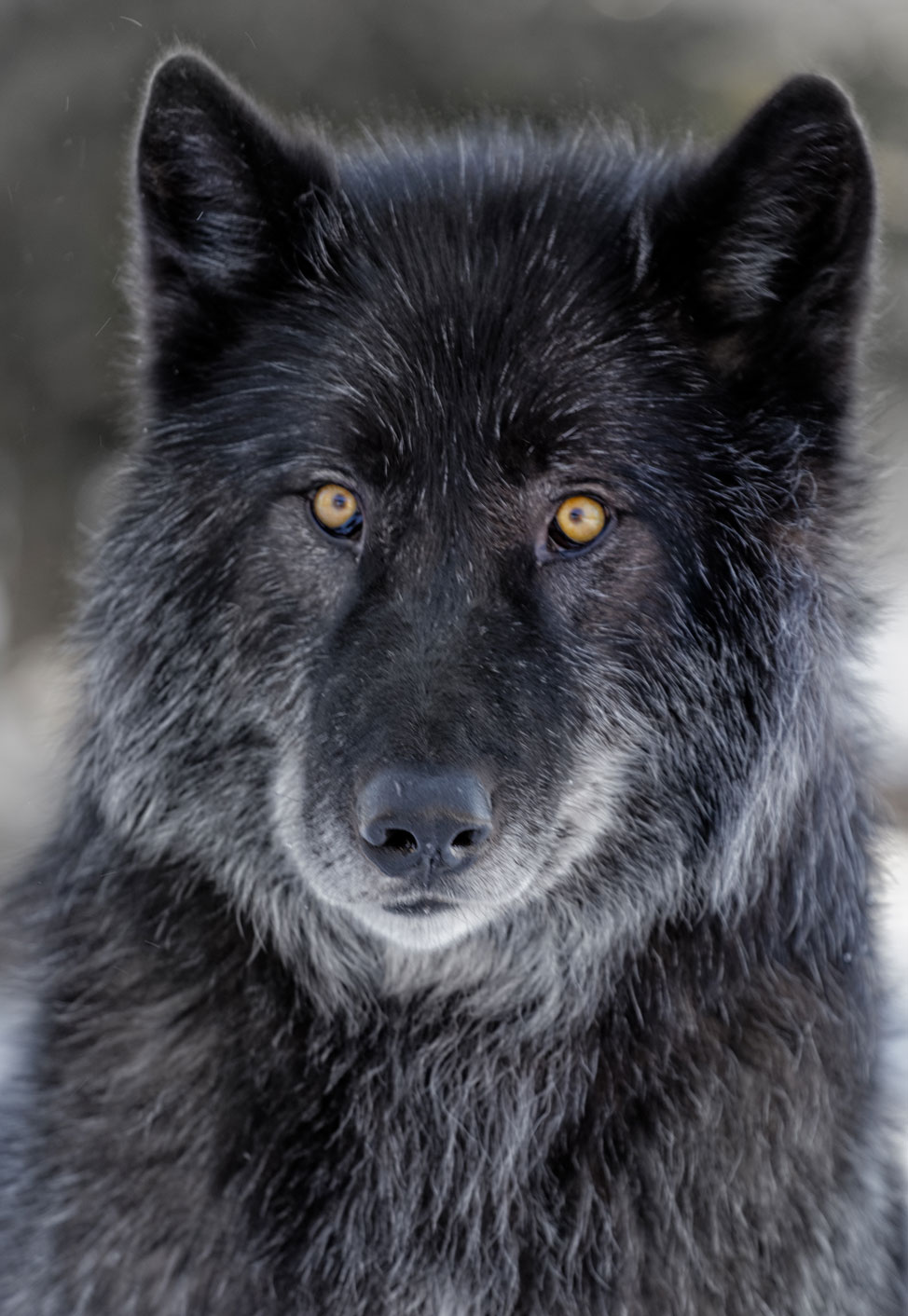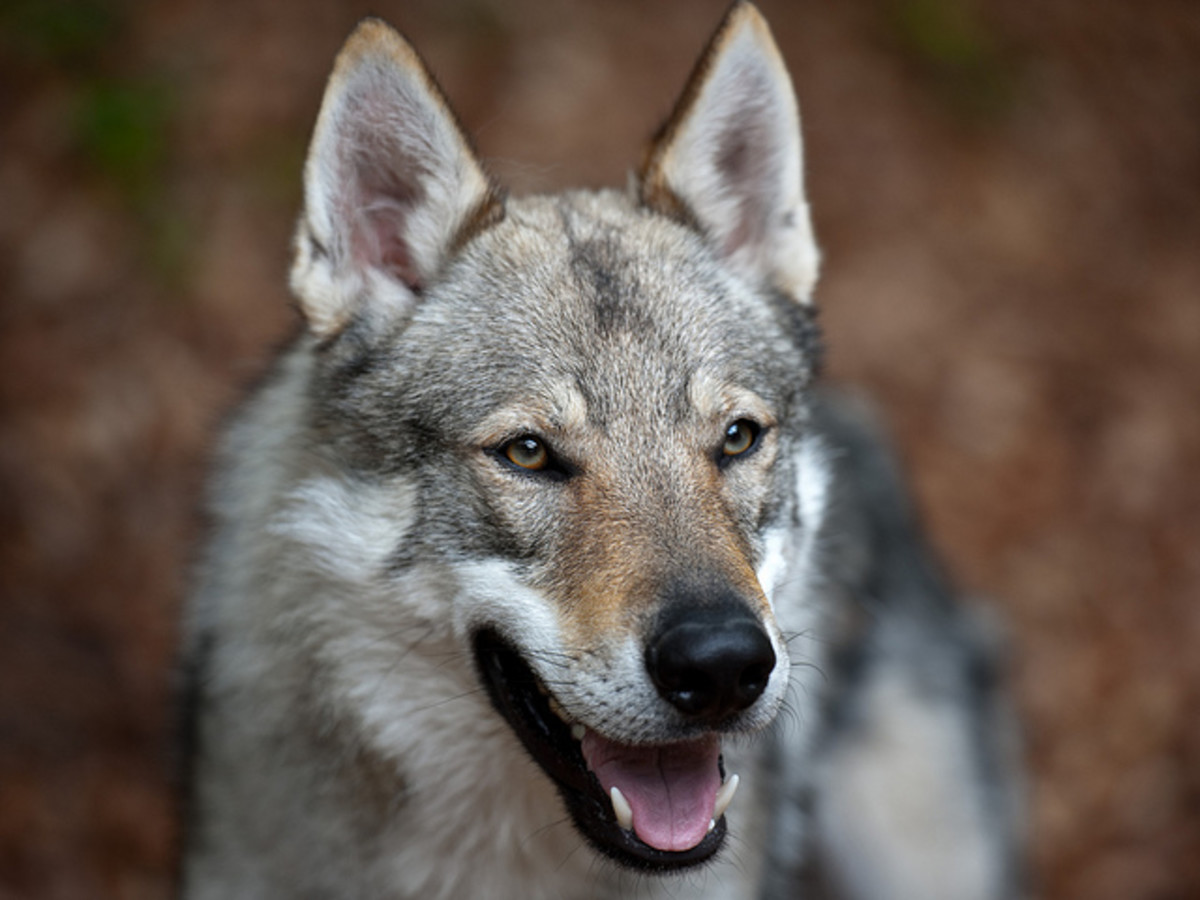
The Origins of Wolf Dogs

The captivating wolf dog, also known as a wolf hybrid, is a unique and enchanting crossbreed between a domesticated dog and a wild wolf. This extraordinary combination of two distinct species results in a remarkable companion with a blend of characteristics from both wolves and dogs. The origins of wolf dogs can be traced back to ancient times, when humans first began to develop a bond with wolves.
Many centuries ago, humans recognized the remarkable qualities of wolves and started to domesticate them. Over time, these early domesticated wolves evolved into the loyal and loving dogs that we know today. However, some individuals retained their primal characteristics, leading to the existence of wolf dogs.
The Appearance of Wolf Dogs

Wolf dogs possess a striking appearance that sets them apart from regular dogs. Their physical characteristics vary depending on the percentage of wolf and dog in their genetic makeup. Some wolf dogs closely resemble wolves, with a lean and muscular build, a thick fur coat, and piercing eyes. Others may display more dog-like features but still retain certain wolf traits.
The size of a wolf dog can also vary significantly, ranging from small to large. Their coat colors can include a wide array of shades, including gray, white, black, and brown. The diversity in their appearance is a testament to the fascinating combination of wolf and dog genetics.
The Temperament of Wolf Dogs

Wolf dogs exhibit a unique temperament that is influenced by their mixed heritage. They often possess a strong sense of loyalty and form deep bonds with their human companions. However, their wild instincts can make them more independent and less obedient compared to regular dogs.
It's important to note that wolf dogs require experienced and responsible owners who can provide them with proper training, socialization, and a secure environment. Their intelligent and curious nature can make them excellent learners, but this also means they need mental stimulation to prevent boredom and destructive behaviors.
The Care and Handling of Wolf Dogs

Keeping a wolf dog as a pet requires special considerations due to their unique needs. They thrive in large, secure enclosures that allow them to move around freely and satisfy their natural instincts. Regular exercise is essential to keep them physically and mentally stimulated.
A balanced diet is crucial for the well-being of wolf dogs. Their nutritional requirements may differ from regular dogs, and consulting with a veterinarian familiar with wolf dogs is recommended. Regular veterinary check-ups and vaccinations are also necessary to ensure their health and prevent any potential diseases.
The Legal Implications of Owning a Wolf Dog

Due to their hybrid nature, owning a wolf dog may be subject to specific legal regulations depending on your location. Some areas prohibit or restrict the ownership of wolf dogs due to concerns related to their potential danger or the risk of them escaping and mating with wild wolf populations.
Before considering bringing a wolf dog into your home, it is essential to research and understand the local laws and regulations governing their ownership. Complying with these regulations ensures the safety and well-being of both the wolf dog and the community.
The Fascination of Wolf Dogs

Wolf dogs continue to captivate the imagination of people worldwide. Their unique blend of wolf and dog characteristics, coupled with their stunning appearance and intriguing temperament, make them highly sought-after companions for those who possess the knowledge and dedication to care for them responsibly.
While owning a wolf dog comes with challenges, the rewards of forming a strong bond with such a majestic creature are immeasurable. Their presence serves as a reminder of the deep connection that exists between humans and wolves, bridging the gap between the wild and the domestic in a truly extraordinary way.